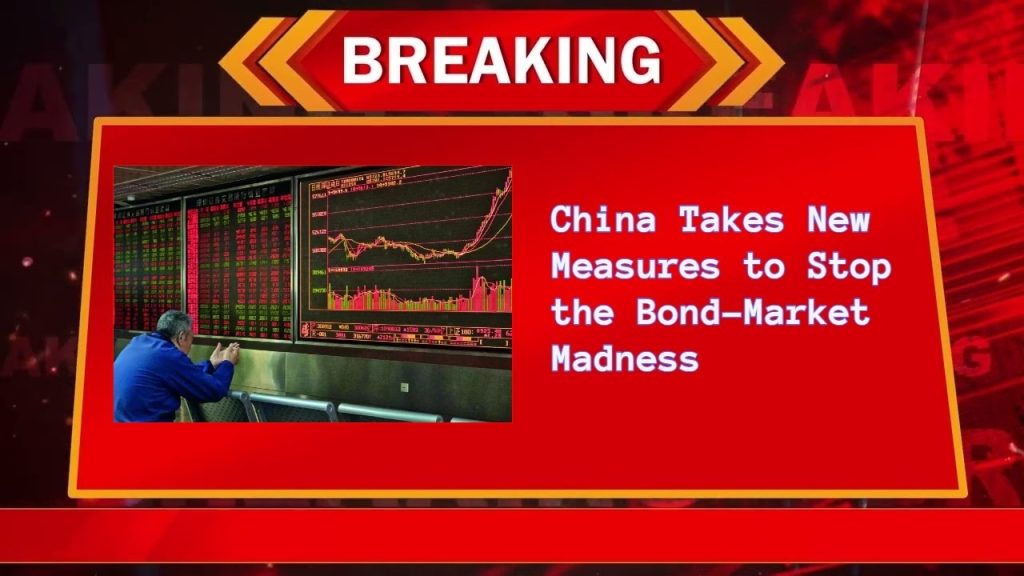being tightly controlled by the Chinese government, and they are doing this by unusual means. On August 9, in a highly rare step, regulators ordered rural banks in Jiangxi province, China, to renege on their market responsibilities by refusing to settle recent purchases of government bonds.
It was the most recent in a series of actions taken to quell a market surge that drove yields to all-time lows and heightened official worries that banks were becoming overly vulnerable to interest-rate risk.
Declining In Chinese Economy
The interventions seem to be having the desired effect for the time being. With growing indications of a slowing Chinese economy, the benchmark 10-year yield hit an all-time low of roughly 2.12% in August. Since then, it has risen steadily to approximately 2.22 percent.
But there’s a chance that government involvement will cause the market to become disconnected from its underlying economic principles and erode investor confidence over the long run. Foreign money managers have been discouraged by the government’s recent attempts to meddle in currency and stock trading, often with disastrous results.
According to Standard Chartered’s head of China macro strategy Becky Liu, “the PBOC (People’s Bank of China) had been repeatedly warning the market about rates risks since April, but rates have continued to decline.”
“This time, they want to give the market a strong enough signal to better acknowledge their level of “confidence” in long-dated bonds and to cut back on speculative positions going forward.”
Advertising And Promoting
The story highlights Beijing’s predicament. It must maintain low borrowing costs in order to help the weak economy, but it also wants to prevent the formation of a bond bubble that would endanger financial stability. The authorities are aware of Silicon Valley Bank’s demise in the US, when investors poured into US Treasuries ahead of rate increases.
According to persons with knowledge of the situation, at least four Chinese brokerages reduced trading of government bonds starting last week. One of them said the move was made in accordance with directives from the government.
A subdued attempt to control speculation has also been made by regulators to obtain information about the purchasers of the sovereign notes that some of the biggest state banks in the country have sold.
Stock Market Under Pressure
As per those with knowledge of the situation, the PBOC branch in Shanghai invited a few financial institutions to a meeting to talk about bond-market dangers.
In a note dated August 12, Pictet analysts stated, “Investing in Chinese government bonds should be appealing to many investors due to the lack of low-volatility investment opportunities, especially during a time when the country’s stock market remains under pressure and the economy recovers only slowly.”

